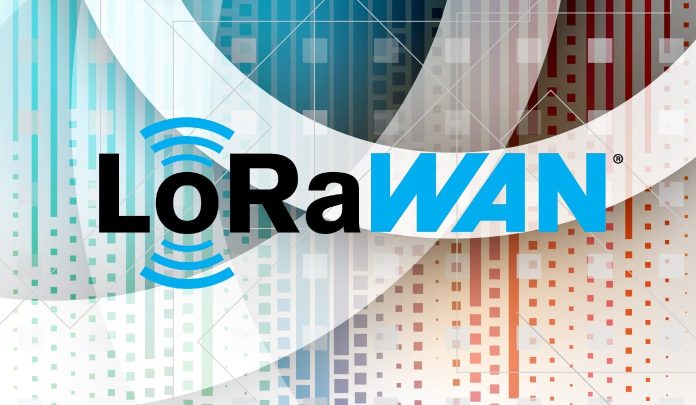Cisco is quitting the LoRaWAN market, with sales of new LoRaWAN gateway products stopping on January 1 next year (2025) and service and support for all products and parts ending completely on December 31 2029, with a phased withdrawal for sundry parts and service between times. It is not offering an onwards migration path for customers.
In total, Cisco is retiring 47 products or parts, including gateways, sensors, antennas, management software, power injectors, power protectors, and cable assemblies. It said in a statement: “There is no replacement available for the Cisco LoRaWAN at this time. Cisco will be exiting the LoRaWAN space. There is no planned migration for Cisco LoRaWAN gateways.”
The LoRa Alliance noted the range of alternative suppliers to customers, and urged affected customers to seek them out on the group’s marketplace. Cisco, a mainstay of the LoRaWAN ecosystem since the start, and a key contributing member to the LoRa Alliance, suggested possible trade-ins of old LoRaWAN products for credit towards purchases of new equipment.
It also hinted at possible availability of old products via its refurbished equipment scheme. But its support will end for software maintenance on January 1 2026, and for both security and operating systems on December 31 2026. Hardware support stops at the end of the decade. Cisco was unavailable for further comment.
But the LoRa Alliance – which retains AWS, Microsoft, and LoRa owner Semtech among its ‘big-tech’ members – shrugged off the blow, pointing to a “thriving” and “expanding” market for LoRaWAN-based IoT solutions, signposted by recent analyst reports. “Affected customers [should] visit the LoRaWAN Marketplace to investigate and connect with other providers,” it said
Alper Yegin, interim chief executive and chair at the alliance, said: “We can confidently say that the LoRaWAN ecosystem continues to see substantial global growth and innovation across multiple industries… The market… is not only thriving but expanding, with new use cases emerging daily to meet the evolving needs of businesses and communities worldwide.
“The alliance has hundreds of members globally. Because LoRaWAN is an open standard, [it] is not reliant on any single vendor and customers can continue to use LoRaWAN via new suppliers. Customers have a significant choice of vendors across the supply chain with multiple gateways using LoRaWAN widely available.”

